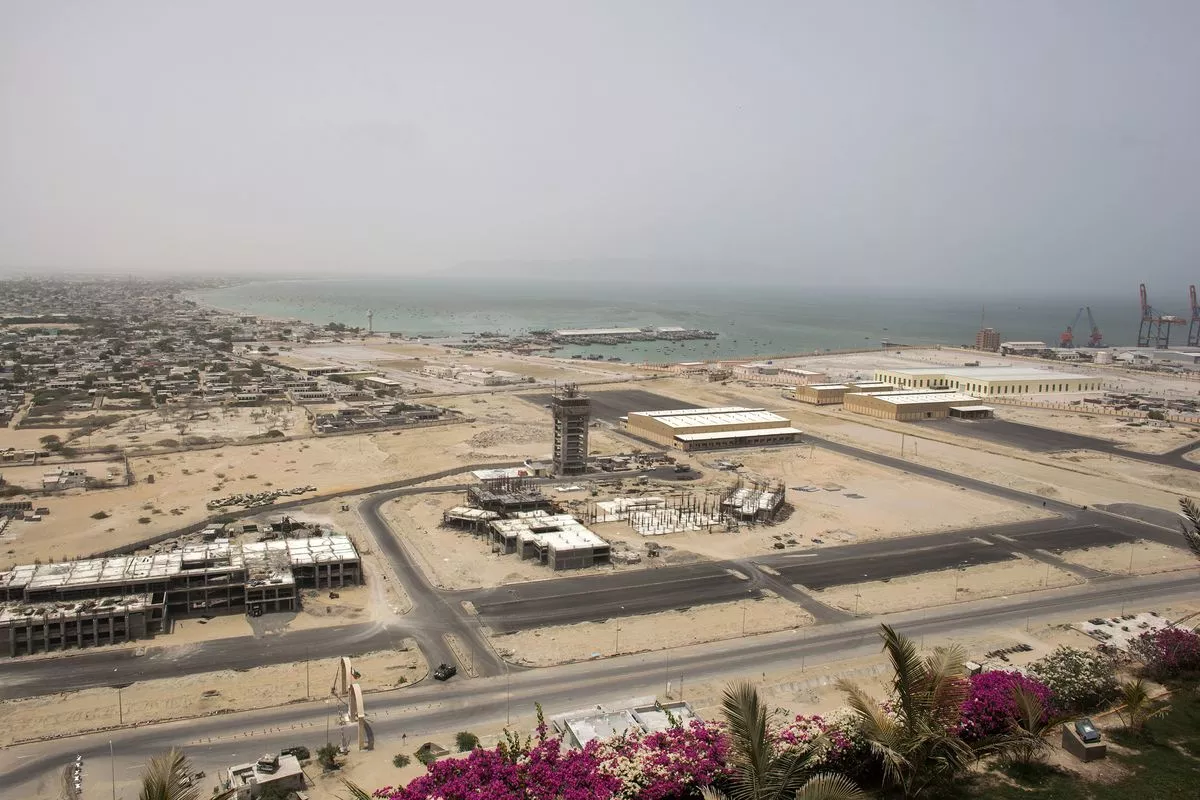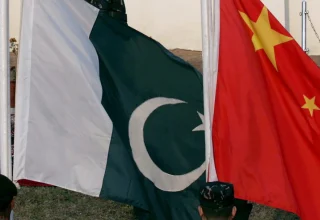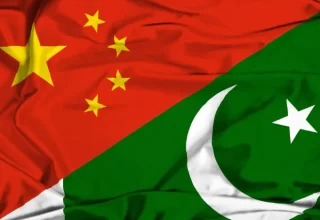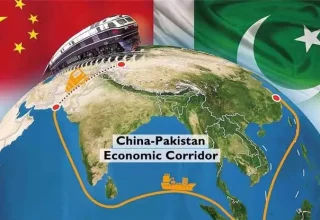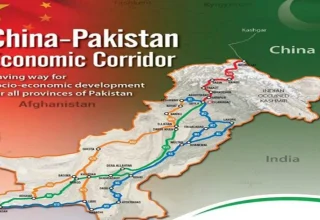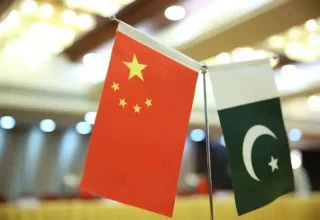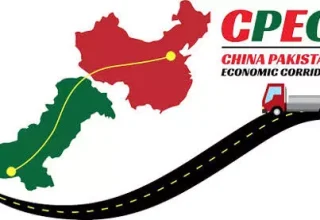BEIJING, Jun 22 (ABC): The first China-Pakistan Belt and Road Forum Transportation and Logistics Forum themed Research Cooperation and Common Prosperity, was jointly launched by Shandong Jiaotong University, Kashgar University and Pakistan University of Sciences and Technology (NUST).
China-Pakistan Economic Corridor (CPEC) provides a unique opportunity for Pakistan to boost its strategic and economic position. It has the potential to transform Pakistan into a regional hub for trade and investment. It can help Pakistan join the ranks of Top Ten economies by 2050, highlighted Dr. Ashfaque H. Khan, Principal, School of Social Sciences and Humanities, NUST on Wednesday.
Sharing his views on making CPEC a truly regional initiative, he said regional connectivity is vital to regional cooperation and integration.
Dr. Ashfaque H. Khan explained that regional connectivity is a new buzz word and can promote globalization.
China’s BRI has emerged as a new form of globalization and CPEC is the cornerstone of BRI. CPEC is not a bilateral project between China and Pakistan, but a regional project that can benefit more countries, he added.
CPEC is well known as a trade corridor involving roads, railways, oil, gas and optical cable channels. With the continuous completion of transportation infrastructure such as expressways, airports, ports, railways, light rail and bus rapid transit, the operation has become the main issue. The lack of international talents in the field of transportation and logistics has become an obstacle, reported.
In his opening remarks, Chen Songyan, President of Shandong Jiaotong University, stressed it is important to provide a platform to converge resources and open cooperation, meanwhile giving full play to the resource advantages of the three universities, to innovate the intelligent logistics operation mode and build a more prosperous, stable, and harmonious modern logistics alliance.
On the occasion, Deng Yong, Deputy Secretary of the Party Committee of Kashgar University, and Dr Osman Hasan, Pro-Rector Academics, NUST, stated that Chinese and Pakistani universities should continue to strengthen cooperation in various fields. Transportation and logistics are critical for the tracking and logging of shipment information, road safety protocols and monitoring, traffic surveillance and climate-related hazard avoidance among Belt and Road countries.
Wang Zihai, Executive Director, Pakistan-China Center at SCO Demonstration Area, underlined that as an important member of the Belt and Road Initiative and SCO, Pakistan has made remarkable achievements in cooperation with China in transportation. CPEC has greatly promoted Pakistan’s transportation infrastructure and opened up exchanges and cooperation between the two countries in energy, agriculture, industry, education and culture.
 Well-known academicians from China and Pakistan, famous researchers from the Ministry of Transport of China, and professors from top universities in China and Pakistan gave their keynote speeches. They welcomed more countries to participate in the construction of BRI and share the development.



